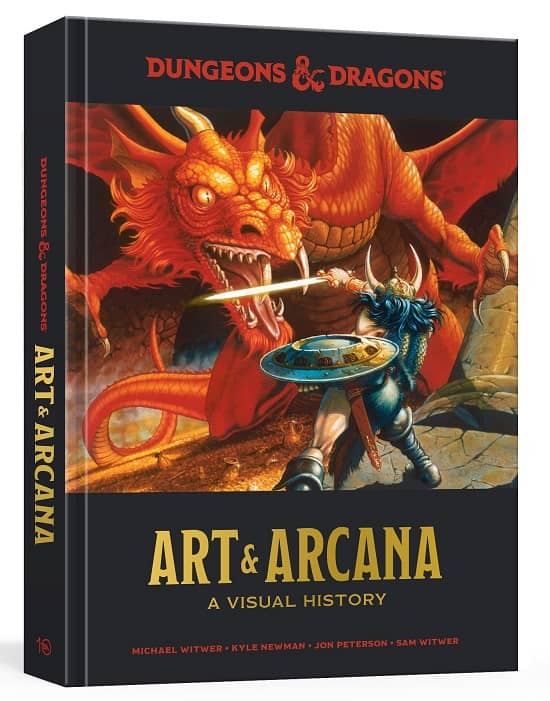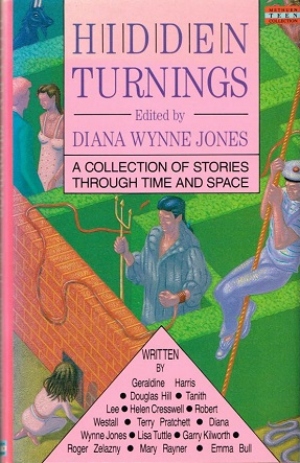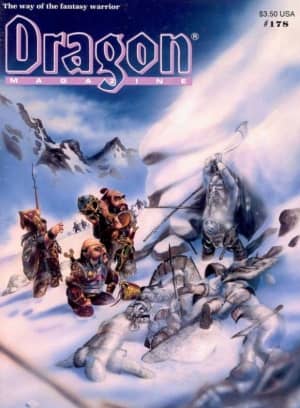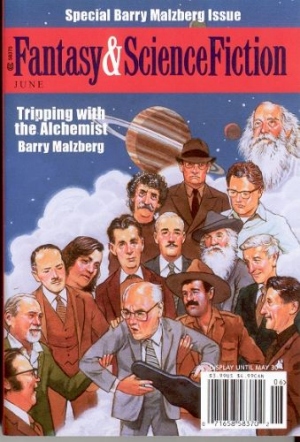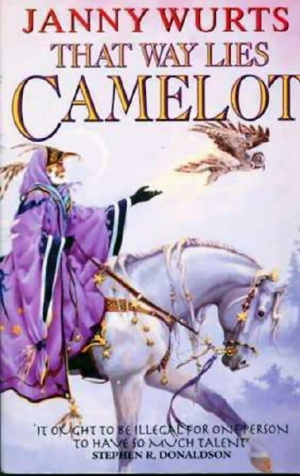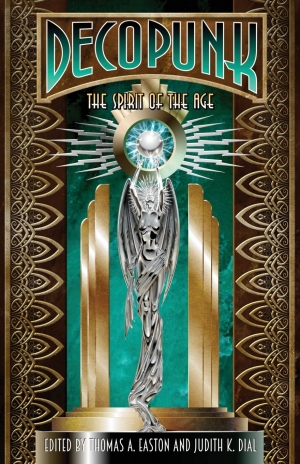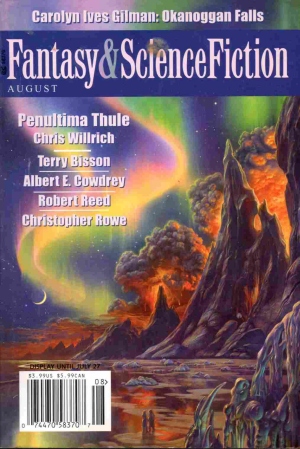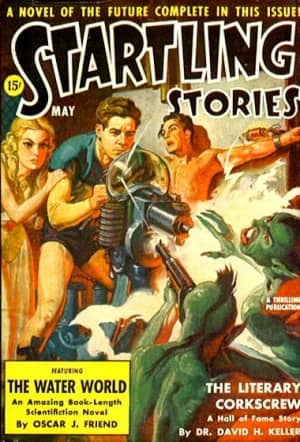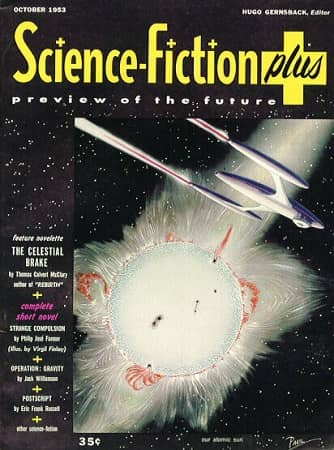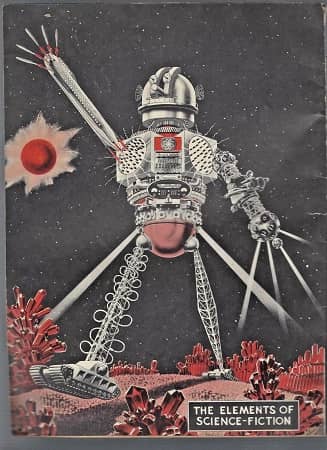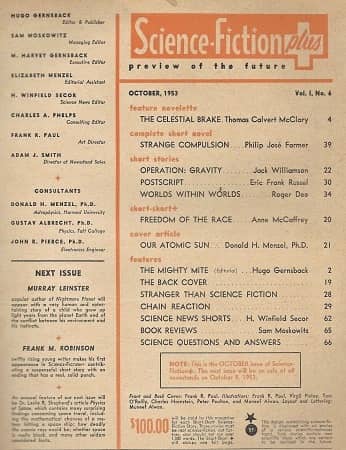Birthday Reviews: Sarah Zettel’s “The Temptation of Harringay”
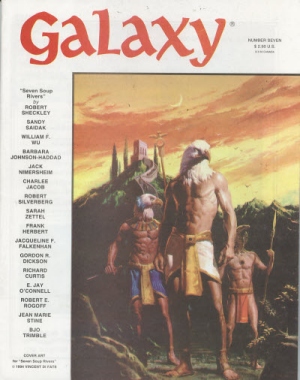
Sarah Zettel was born on December 14, 1966.
Sarah Zettel’s novel Reclamation was nominated for the Philip K. Dick Award in 1997 and two years later her novel Playing God was nominated for the James Tiptree Jr Memorial Award. In 2010 her story “The Persistence of Souls” was nominated for the Sidewise Award for Alternate History.
Zettel sold “The Temptation of Harringay” to E.J. Gold for publication in the January 1995 issue of Galaxy, the penultimate issue of the most recent incarnation of the magazine. The story has never been reprinted.
Harringay owns a small art gallery in New York and is visited by a stranger from Ann Arbor who has brought a portrait by a friend of theirs who only recently finished art school. When looking at the painting, the stranger relates the background of the story to Harringay in an attempt to get him interested in displaying and selling it.
According to the stranger, who went to art school with the artist, the painting was created when the artist wasn’t able to get into the massive, juried Ann Arbor Art Show. Taking a photograph of a homeless man looking on at the art show, she turned the photo into a painting, although she wasn’t happy with it. As she wrestled with the painting, it came to life, arguing with her, giving her advice, and eventually offering her a career in art in exchange for her soul.
The story is clearly a deal with the Devil tale, but Zettel introduces the idea that the story is being told by a third party rather than the person whose soul is being bartered. Although it seems clear that the artist’s friend is telling the story to drive up Harringay’s interest in the piece and potentially other pieces by the artist, Zettel is actually doing something a little more subtle, in line with the title of the story. The twists to the standard deal with the devil are what make “The Temptation of Harringay” interesting because none of the characters, the artist, her friend, or Harringay, really show any personality. The major interaction, aside from the friend telling the story to Harringay, is the image in the artist’s painting coming to life to argue with her about what the painting should capture and the fact that she isn’t talented enough or have enough experience, yet, to paint what she is striving for.
